News
The volatility of agricultural prices undermines food security in developing countries
The volatility of agricultural prices undermines food security in developing countries. It is a well-known issue which calls for proactive, consistent agricultural policies that address the various ri...
Published on
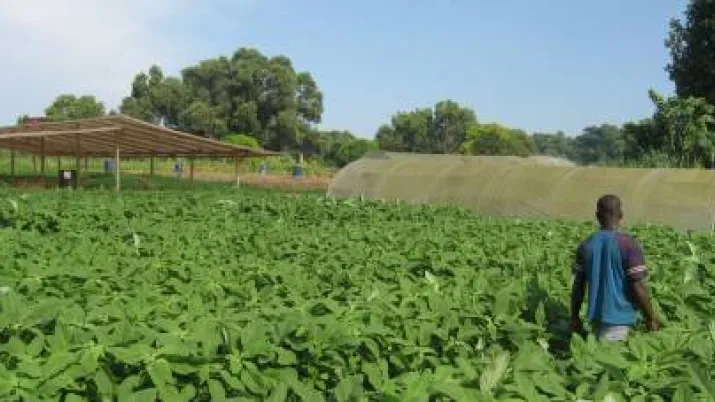
Strengths and weaknesses of Africa's agrifood industries
Africa's agrifood sectors are booming. Besides producing food for local consumption, the food industry is supplying the towns with processed products. However, a lack of facilities and equipment, poor...
Published on

Modernising the agro-industrial sector in sub-Saharan Africa is a social, political and economic necessity
Modernising the agro-industrial sector in sub-Saharan Africa is a social, political and economic necessity requiring the introduction of effective agricultural policies, support for the formation of v...
Published on

Pioneer role of DFIs in sub-Saharan Africa
Growth in emerging markets is currently leading the financial development institutions (FDIs) to re-focus their efforts on low-income countries – bringing sub-Saharan Africa to the fore once again. FD...
Published on

Private equity and SMEs: an instrument for growth
Stabilising growth in Africa – growth which is real but fragile – depends partly on the dynamism of SMEs, which receive little in the way of private equity support. Funds' profitability can be enhanc...
Published on

The transparency challenge facing private equity
When hedge funds are set up in offshore centers, they benefit from favorable conditions when investing in Africa. Their investments may spur economies, but short-term profit targets, the lack of trans...
Published on

Living with an investment fund – the company perspective
From the decision to open up its equity capital to the withdrawal of the private equity fund four years later, step by step SOMDIAA reveals the four stages of this marriage of two worlds, and shows ho...
Published on

PE Funds improving corporate governance and investor climate
While fund managers may influence public policy geared towards improving the investing environment, they make a more significant impact by improving portfolio companies' governance standards. This is...
Published on
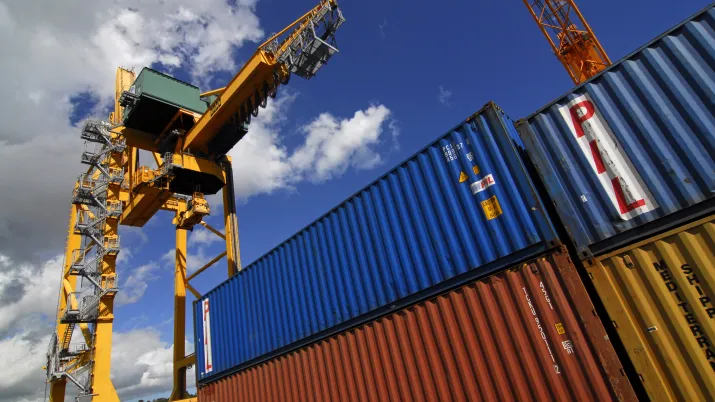
Profitability and development hand in hand
A question frequently asked is whether profitability is the only criterion to be taken into consideration when private equity is evaluated. By itself, profitability is not an adequate basis on which t...
Published on

The next chapter for private equity in sub-Saharan Africa
Private equity is well suited to the continent and is attracting an increasingly diverse spectrum of investors. It is true that its activities remain focused on a few markets, and that concerns remain...
Published on

Traps to avoid, lessons to be learned
What have the millions spent by development agencies on technical assistance actually been used for? What part will technical assistance play in the future? Critical examination of assistance programm...
Published on

Impact assessment of technical assistance projects
It is becoming increasingly necessary to assess the impact of technical assistance projects. But the standard indicators, most of which are based on quantitative measurements, are not necessarily appr...
Published on
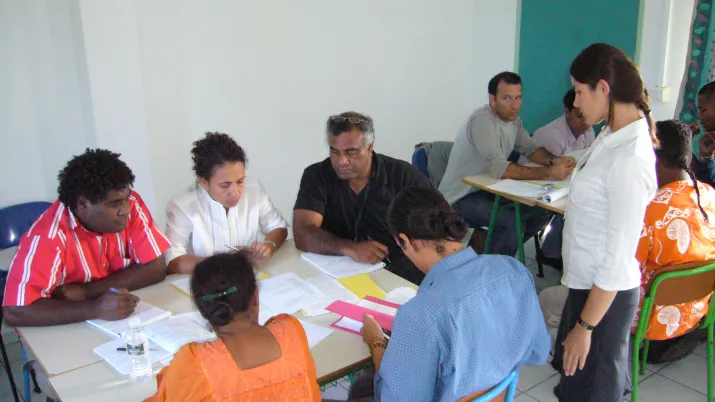
European Union support for the private sector
European Union technical assistance is implemented at micro-, meso- and macroeconomic level to encourage growth and benefit different sectors of the population, including the poorest. Programmes aim t...
Published on

Accelerating the expansion of microinsurance
Technical assistance provided by LeapFrog Labs enables microinsurance companies to grow stronger and innovate. This article highlights LeapFrog's investment strategy for microinsurance, describes the...
Published on
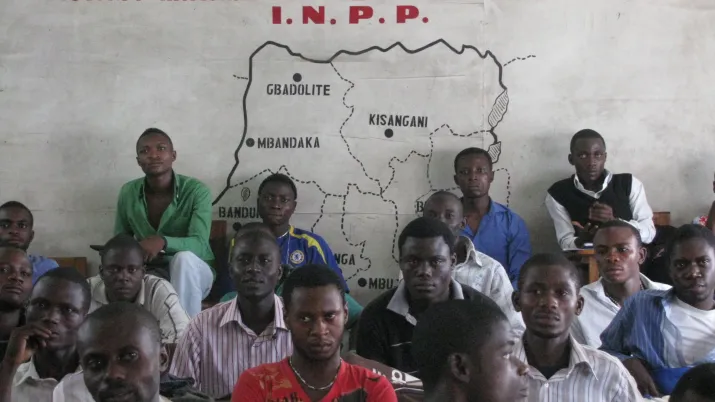
Private equity and TA, a winning combination for SMEs
Is it still possible to envisage SME development in Africa without providing technical assistance as well as financial investment? After all, it is thanks to technical assistance programmes that priva...
Published on

Achieving impact through technical assistance
Economic development can be directed into emerging markets by promoting private sector engagement. By providing technical assistance to companies, industries, and governments, development finance inst...
Published on
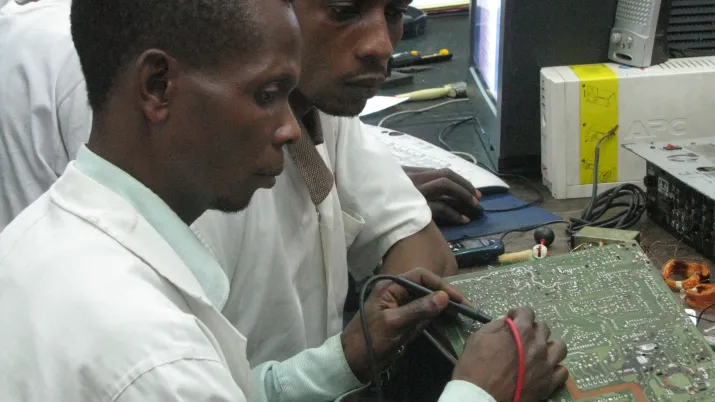
Combining funding and technical assistance
Development finance institutions sometimes provide their clients with technical assistance to strengthen their capacity in governance, management and financial administration. While the use of public...
Published on
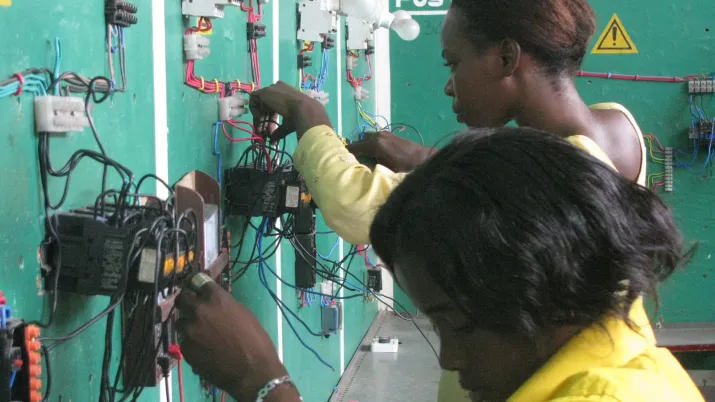
Curb carbon footprint and promote development: a tricky balance
The cement industry is both a driver for economic expansion in developing countries and a large CO2 emitter. What approach should development finance institutions adopt in order to curb the carbon foo...
Published on
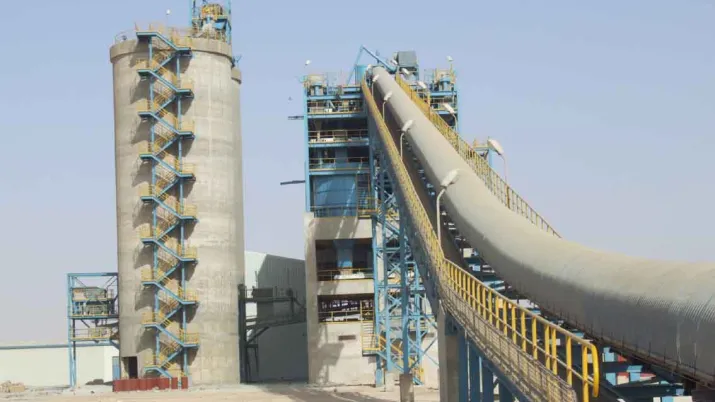
The positive impacts of a responsible cement industry
Growing urbanization creates ever-increasing needs for cement. The cement industry holds some advantages that can allow it to meet this demand, limit its carbon footprint and participate in the develo...
Published on
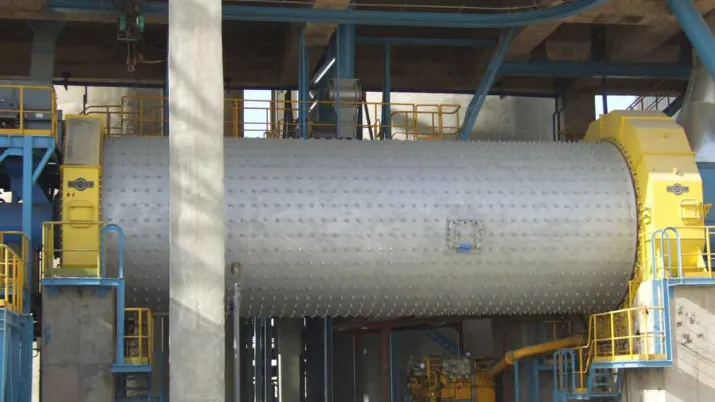
Earthen construction, an additional way to house the planet
Building locally using earth could be one solution to the construction needs of the world's population. Raw earth is available in many places on the planet and answers the major contemporary ecologica...
Published on

